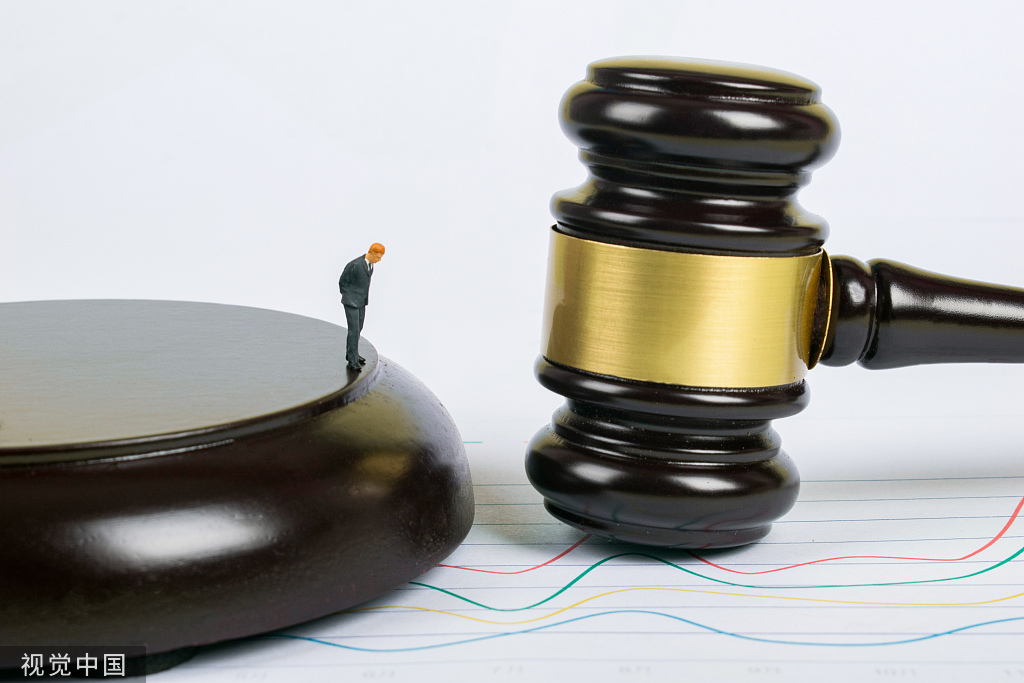
Rules clarify platform operators shall not abuse dominant sector positions
Chinese lawmakers adopted an amendment to the Anti-monopoly Law on Friday that improves rules related to the platform economy and the concentration of operators, which industry experts said is a timely revision to help boost fair competition and stabilize market expectations.
The revised Anti-monopoly Law was passed at a session of the Standing Committee of the National People's Congress, China's top legislature, on Friday and will take effect on Aug 1.
According to the revised law, China will establish and improve the review system for fair competition, and formulate and implement competition rules compatible with a socialist market economy.
"With the amendment, rules and systems related to anti-monopoly matters have been further improved. Notably, some revisions are based on international practice," said Wang Xiang, an official with the NPC Standing Committee's Legislative Affairs Commission.
Wang said that the amendment comes as some new issues have emerged in the development of the country's socialist market economy, especially related to the rise of new business models such as the platform economy.
The revised law clarifies that platform operators with clear market dominance shall not abuse such leading positions through data, algorithms, technologies or platform rules, which Wang said is of great significance to "promoting the sustainable and healthy development of the platform economy".
One of the major revisions to the Anti-monopoly Law is the introduction of a safe harbor mechanism, which is basically an exemption for certain behavior that does not in principle violate established rules.
Under the revised law, when an operator and counterpart reach an agreement that could result in a monopolistic situation, if the former can prove that its market share in the relevant market is lower than the standards set by antitrust authorities, the agreement will not be prohibited.
Zhong Chun, an associate professor at the Intellectual Property Research Institute of Jinan University, said that the safe harbor mechanism is actually an international practice and economies like the European Union have used such rules for years.
"Such improvements will boost market expectations for operators and allow businesses, especially small and medium-sized enterprises and startups, to conduct their business activities in a safer range and avoid being punished," she said.
Wei Shilin, deputy director of the Competition Law Committee of Beijing Intellectual Property Law Research Institute, added that another highlight of the amendment concerns application rules regarding concentration of business operators-a practice where one business operator obtains control over another that may lead to monopolies.
According to the law, if the concentration of business operators does not meet the country's reporting standards but there is evidence that such behavior may have eliminated or restricted competition, antitrust authorities can require business operators to declare and launch investigations.
"Antitrust authorities can carry out law enforcement in a more unified and standardized way, and it is clearer for companies to know what should be declared in advance. Eventually it will lead to a fairer and more open business climate," Wei said.
Cao Yin contributed to this story.
